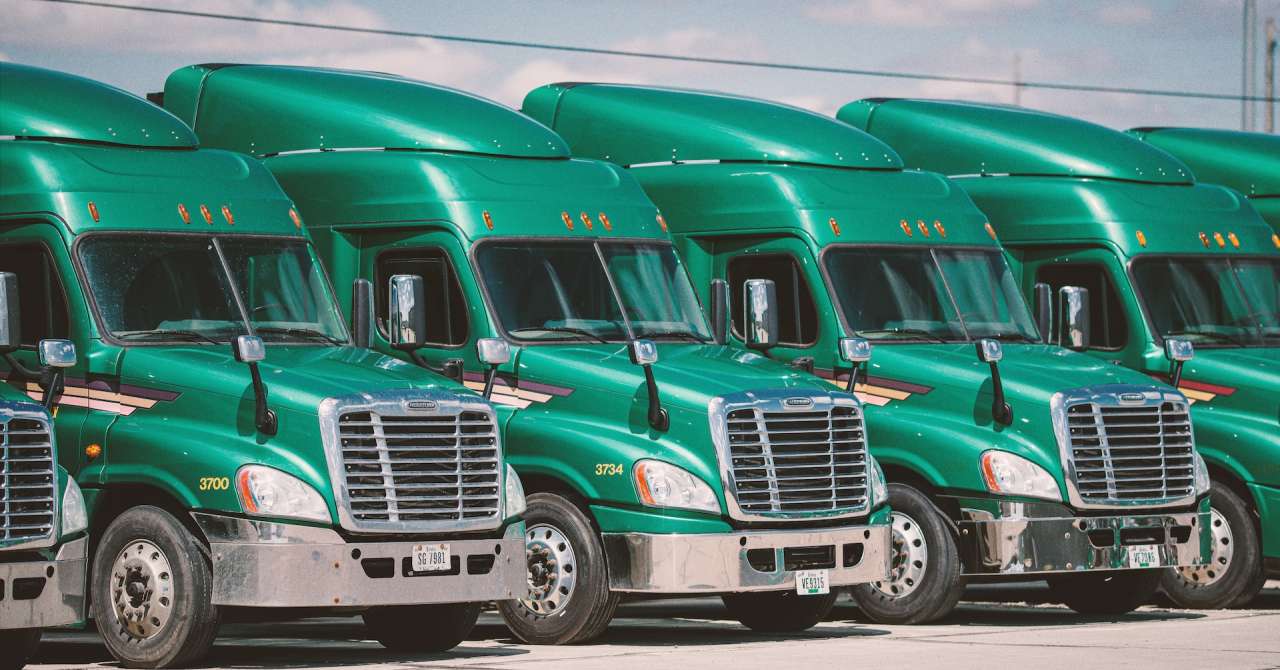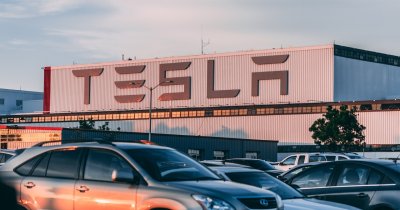According to Electrive, the road-ready prototype is part of a project founded with 16.9 million euros by the German Federal Ministry of Digital Affairs and Transport.
The project will continue until October of 2023 and it focuses on developing an electric propulsion system that works on a hydrogen-based range extender which will be implemented on commercial vehicles with a gross weight of 41 tons.
Due to the fact that the powertrain will be modular, it can be implemented both on new vehicles, but also on old ones to retrofit existing diesel vehicles.
While the engineers who develop the vehicle didn't disclose any technical information, they say that the next phase of the project consists of installing the fuel cell range extender, which should enable the truck to drive for over 1.000 kilometers.
Project manager Fabian Schmitt said that "we are pursuing a holistic approach that makes it child’s play to automatically organize all routes, including fuel stops and breaks, by entering the destination."
"Fast ‘refueling’ keeps logistics operations running at their best", Schmitt said, pointing at the fact that the truck's tank can be rapidly refilled with hydrogen.
RWTH's spin-off, Moion GmbH, is to take care in the future about commercializing the drive system for converting old diesel-powered trucks to a carbon-free solution.
PEM (Production Engineering of E-Mobility Components) Director Professor Achim Kampker, said that "to meet the high energy demand of heavy trucks and realize locally emission-free long-distance transport, we need to exploit the technological advantages of fuel cells. This requires not only fleet renewal but also the electrification of the many existing vehicles."
Amazon will also be testing the Mercedes eActros in Germany as an electric long haul heavy-duty alternative to diesel-powered trucks.
Another important truck manufacturer that has accelerated production of both trucks and batteries is Volvo, who started producing the FH, FM and FMX electric commercial EVs in Sweden.
The company aims to also make these trucks in Ghent, Belgium, where it assembles the batteries necessary to power these heavy-duty haulers.
 Mihai - Cristian Ioniță
Mihai - Cristian Ioniță












Any thoughts?